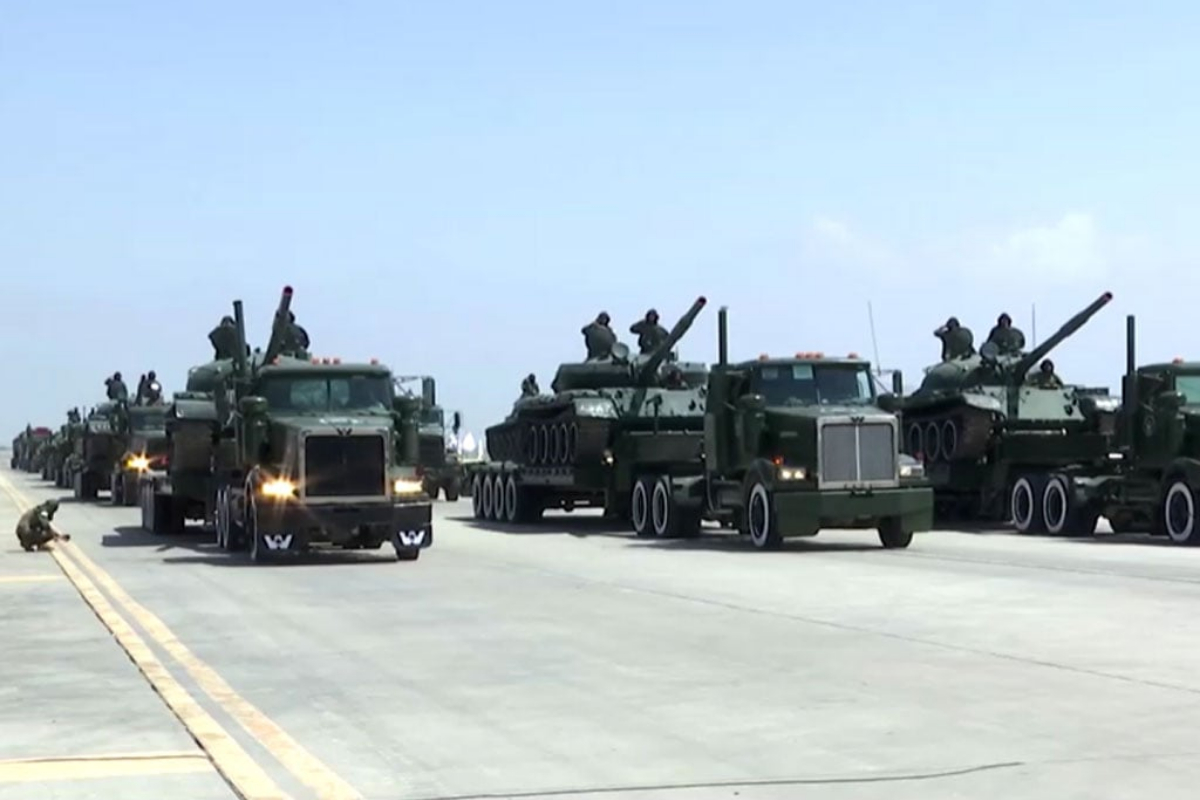Taliban cuts diplomatic ties with Afghan embassies
Diplomats at Afghanistan’s foreign missions have been in limbo since the Taliban's...

Taliban morality police dismisses 280+ beardless men from security roles
The Taliban’s morality ministry dismissed over 280 security force members for not growing a beard and detained more than 13,000 people in Afghanistan for “immoral acts” over the past year, officials reported on Tuesday. The Ministry for the Prevention of Vice and Propagation of Virtue revealed in its annual operations update that approximately half of those detained were released within 24 hours. The ministry did not specify the types of alleged offenses or the genders of the detainees.
Mohibullah Mokhlis, Director of Planning and Legislation at the Ministry for the Prevention of Vice and Propagation of Virtue, told a press conference that officials had destroyed 21,328 musical instruments over the past year and prevented thousands of computer operators from selling “immoral and unethical” films. He added that the ministry had identified 281 security force members for not having a beard and dismissed them, by their interpretation of Islamic law.
The morality ministry, which took over the disbanded women’s ministry premises in Kabul after the Taliban’s 2021 takeover, has faced criticism from human rights organizations and the United Nations for its restrictions on women and limitations on freedom of expression. The United Nations mission to Afghanistan has reported that morality ministry officials have stopped and detained women, sometimes for several hours, for not adhering to their interpretation of Islamic dress.
The Taliban have dismissed the allegations of detentions as “baseless” and assert that their rules reflect their interpretation of Islamic law and Afghan customs.
The morality ministry did not provide figures regarding the policing of women’s attire or their travel without a male guardian, which authorities have restricted for longer distances. It stated that it is developing a new plan to ensure adherence to its Islamic dress rules, with oversight from the supreme spiritual leader based in Kandahar.
“Based on the guidance of the Supreme Leader, the draft plan for observing women’s hijab (Islamic dress) has been formulated and approved,” Mokhlis said.
The morality ministry has previously stated that women should cover their faces or wear an all-enveloping burqa, with enforcement involving “encouragement” directed at women’s male family members rather than the women themselves.
Most Afghan women covered their hair in public even before the Taliban takeover, though some, especially in Kabul, did not typically cover their faces or wear a burqa. Mokhlis reported that they had prevented just over 200 cases of the sale of women and over 2,600 cases of violence against women.
Catch all the Business News, Breaking News Event and Latest News Updates on The BOL News
Download The BOL News App to get the Daily News Update & Live News.